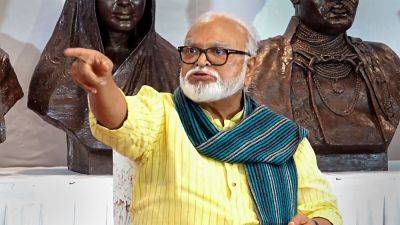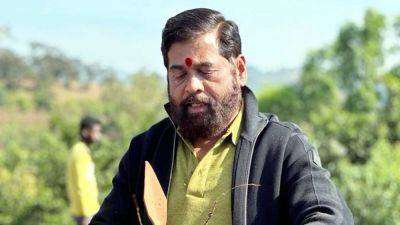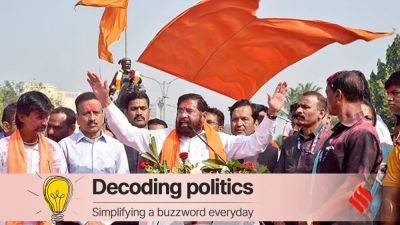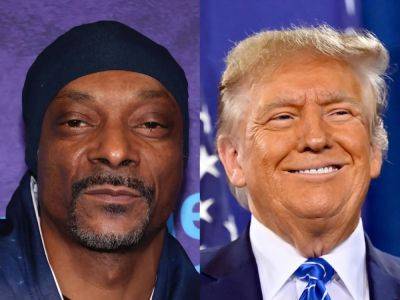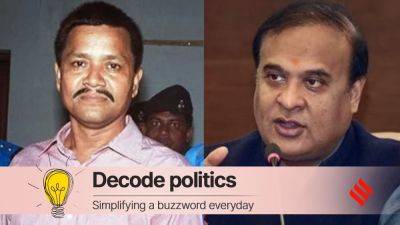Decode Politics: As Jarange-Patil brings Maratha quota battle to Mumbai, why Shinde govt has hopes riding on SC
With Manoj Jarange-Patil determined to bring the Maratha reservation battle to Mumbai on January 26, the Maharashtra government has pinned its hopes on the Supreme Court examining a curative petition challenging the court’s decision to strike down a 2018 law that granted quota to the community.
A curative petition is the last recourse open to a petitioner after the Supreme Court dismisses a review petition. The curative petition is meant to ensure there is no miscarriage of justice or abuse of process. Such a petition is usually decided by judges in a chamber unless a specific request for an open-court hearing is allowed. After a five-day march from his village in Jalna district, Jarange-Patil and thousands of followers reached Pune on Wednesday.
Marathas, who have pursued agriculture-related activities, have always been a politically dominant community. Since Maharashtra’s formation in 1960, 12 of its 20 Chief Ministers, including incumbent Eknath Shinde, have been Marathas. But the division of land holdings and agrarian distress have, over the years, led to a decline in the prosperity of middle and lower-middle-class Marathas.
In 2018, the then Devendra Fadnavis government enacted the Maharashtra State Reservation for Socially and Educationally Backward Classes (SEBC) Act, 2018, that granted Marathas 16% reservation in government jobs and education.
In June 2019, a Bombay High Court Division Bench of Justices Ranjit More and Bharati Dangre upheld the SEBC Act but ruled that the 16% quota was not “justifiable”. It reduced the quota to 12% in education and 13% in government jobs, as recommended by the Maharashtra State Backward Class Commission (MSBCC). The High Court also said that total reservations should not exceed 50%,


